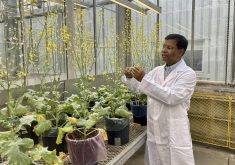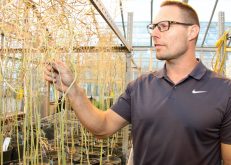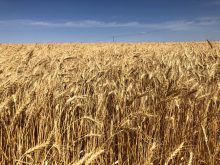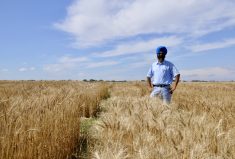It’s a mistake to think that enhanced plant breeders’ rights only benefit seed companies, says the commissioner of plant breeders’ rights with the Canadian Food Inspection Agency.
“The net benefit, at the end of the day, is really going to be for farmers,” said Anthony Parker at FarmTech in January.
The federal government is poised to pass new plant breeders’ rights legislation that will bring Canada in line with UPOV ’91 (an acronym for the International Union for the Protection of New Varieties).
“It will bring increased investment, new sources of varieties coming into the marketplace, and increased choice for farmers in sourcing the varieties they need to be competitive,” said Parker.
With the legislation expected to come into effect in April, a “number of interesting things” will occur because of the improved intellectual property protection that will come with the shift, he said.
“We are not even past the goal line yet, but we have seen applications coming in from other countries that we have not seen before,” he said. “We have seen new investments in Canada already as those companies are trying to position themselves under a better intellectual property framework.”
That will bring greater competition into Canada’s breeding programs — another boon for producers, he said.
Read Also
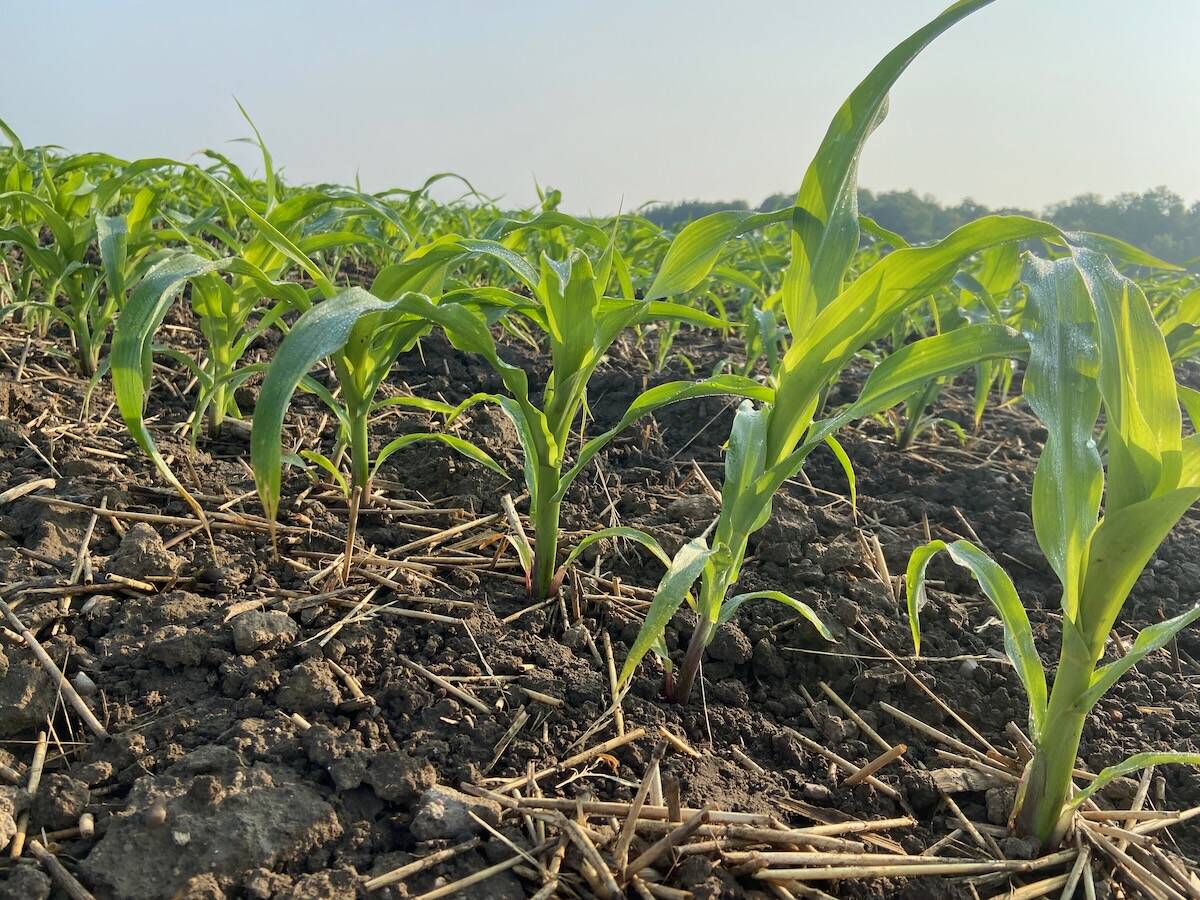
Can we trust the USDA crop data anymore?
Indications that farmers, analysts and traders have started to lose trust in U.S. Department of Agriculture data are hardly a surprise.
“Breeders have an incentive to develop better varieties, be it for yield, for disease resistance, for stress tolerance, or for end-use characteristics,” said Parker.
“You get an increased number and diversity of crops, as well as varieties. This equates to more choice for farmers.”
And as long as farmers aren’t selling — or buying — brown-bag seed, there are no drawbacks to moving to UPOV ’91, he said.
“Under the current framework, it’s an infringement to sell brown-bag seed. With this new provision, it’s both an infringement to sell as well as to purchase,” said Parker, adding a breeder will also be able to collect royalties off any grain harvested from brown-bag seed.
“When the infringement happens, the breeder is not just going to be seeking compensation on lost royalties. They’re going to be seeking damages, like court costs and investigation costs. That can increase costs quite significantly.”
The take-home message is “don’t engage in brown-bag sales,” said Parker.
“It’s a bad idea — not just because it’s breaking the law, but because it’s denying the breeder an ability to collect and reinvest in breeding programs,” he said.
“There are no negative impacts on farmers who obtain seed legitimately; so long as you made that initial qualifying purchase of certified seed and paid into the system, you’re fine. Use it as long as you like on your farm.”





